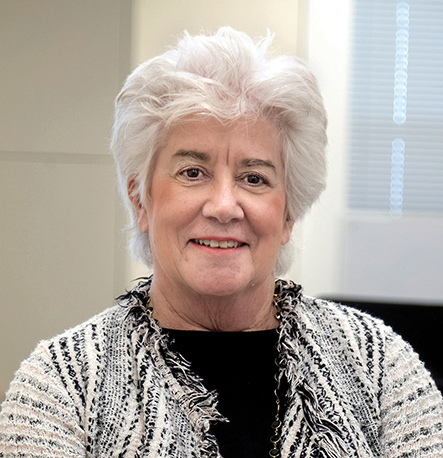We knew from the start that the COVID-19 pandemic was going to do more than make people sick. Just days after our country’s first cases last year, experts were warning that this could have a dire impact on our mental health.
Twelve months later, COVID-19 and its upheaval have caused what some are calling a mental health pandemic.
But I caution against an overly pessimistic view.
Yes, COVID-19 is causing stress and anxiety, not only about our physical health but jobs and livelihood, the well-being of loved ones, children who are not in school, and the many ways this scourge has interrupted and complicated our lives.
The medical community has responded with precautions and, more recently, vaccines to help us reduce the risk of infection. It is important to remember that we must also respond in ways that reduce the risk of adverse impact on our mental health.
We are seldom asked how we would define our mental health status, or how we would describe our emotions and the ways we are expressing ourselves. Yet we should be having these discussions. Our behavior, after all, is a reflection of our mental and emotional state.
Fear and anxiety should not eclipse healthy patterns and routines.
For some, the COVID-19 pandemic, with its prolonged stress and interruptions, has felt overwhelming. But sometimes lost in the discussion about the dangers is the importance of thinking about how we respond and how we cope. I have found that even when we are inclined to think a particular challenge is too much, that we can’t get through it, the truth is that in the long run, we are much more resilient and adaptive than we think. Even the most anxious human beings can adapt to an unusual situation and do so with tremendously successful emotional mastery. In the process, they become much more creative and discover new aspects of themselves.
To do this, we must take control of those things that we can control. Even if we are out of work, or working at home, we can establish and maintain a schedule – getting up in the morning and organizing our day, saying this is where I am going to proceed. This can be as simple as getting dressed, setting goals and making sure we have the essentials (food, medications, etc.) that we need.
Taking control can also mean other steps such as eating healthy foods, exercising, getting enough rest, staying in touch with others and making time to have fun. It can mean avoiding alcohol and drugs and avoiding too much news. Of course, we want to know what’s happening, but we don’t want to drown out the message about how we respond and cope, and how we sustain hope.
Fear and anxiety should not eclipse healthy patterns and routines. If they do, it is important to seek help. In Rhode Island, that is as simple as calling 401-414-LINK (5465), which takes callers to BH Link, the state’s 24/7 behavioral health triage center.
We know the pandemic, and this latest surge, will eventually end. But we also know that we will feel its impact for a long time. That is why we must embrace practices that will help us get on our feet and stay there. Coping in healthy ways can help us get through the pandemic and help us as we face the next challenges that come our way.
At some point, having made the decision to cope and take charge during this difficult time, we will look back and see that we are stronger than we realized, and stronger for having taken that path.
A. Kathryn Power is the director of the R.I. Department of Behavioral Healthcare, Developmental Disabilities & Hospitals.












